Richard Weaver: A Platonist in the Machine Age
“Modern man is a moral idiot.” – Richard M. Weaver. 1948. Ideas Have Consequences.
The American cultural critic Richard Weaver (1910-1963) is unfortunately an obscure figure. However, I can’t conceive a thinker whose message would be of greater interest or novelty for the contemporary world. Weaver bewails the decadence and hopelessness of the twentieth century as much as Oswald Spengler or Jose Ortega y Gasset. Yet his account of their causes is far more philosophical: his explanation of the “dissolution of the west” is that it has abandoned its classical heritage.
For Weaver was a latter-day High Tory. A Platonist who thought ancient Greek mores were still alive among folk in the rural American south (his first work was on this very topic, see: The Southern Tradition at Bay). Already an oddity in the 1930s, he was the sort of conservative that has barely existed in the mainstream Anglophone world since the nineteenth century.
Weaver’s great work is Ideas Have Consequences, from 1948. It carries a single thesis from beginning to end. Europe’s mental decadence began at the close of the Middle Ages. It was then that the English churchman William of Ockham decided to abandon a doctrine almost universally held before him. A doctrine common to Socrates, Plato, Aristotle, and the Stoics. A doctrine believed by Catholics, Jews, Orthodox, and pagans. This doctrine is realism.
This is my partial review and partial meditation on Weaver. His prose is vast, so I can only chew over a selection of what it covers. I shall focus on three issues which stand out to me: fragmentation, the spoiled child psychology, and what Weaver calls the “great stereopticon”.
Realism is the view that abstract entities exist. For example, if I see the sun, a basketball, and a balloon, and call these all “spheres”, that word “sphere” refers to something separate from my mind. When I say, “All these things are spherical”, that term “spherical” describes a real feature of how the world truly is.
It was the widespread opinion of ancient and medieval people that such concepts as “redness”, “roundness”, “catness” and “humanity” were the basic building blocks of reality. These were the patterns that individual things conformed to, to make them what they are. Each one acts like the blueprint for a building. In the same way a pile of bricks isn’t a dome unless it has roundness, a pile of bones and organs isn’t a dog unless it has “dogness”. That is, unless it conforms to the pattern of an idealised dog.
Realism then allows for nature to have a sort of duty inherent to it. For, if to be a dog is to conform to the pattern of an ideal dog, then this pattern is what dogs should be. A dog that doesn’t eat meat, doesn’t play fetch, and doesn’t wag his tail fails to be a proper dog; and so, we call it a “bad” dog. Likewise, to be human is to embody the ideal pattern of “humanity”. Good people embody it better, and bad people embody it less.
This means morality is a simple movement from how we are to how we ought to be if we fulfilled our ideal. Beings come into the world imperfect. They only arrive at their proper pattern through hard training and discipline. Moral rules like “don’t steal” and “don’t lie” are guides to help us get from one point to the other by telling us what being an ideal human consists of. Just like “eat meat”, “play fetch” and “wag your tail”, are commands telling the dog how to be a proper dog. This understanding is what, for example, informs Stoicism. Marcus Aurelius insists that the good man is virtuous regardless of what others do or say to him. Because his goodness consists of fulfilling an ideal pattern of conduct, which doesn’t change with the words or actions of others.
What if we deny all this though? What if, like William of Ockham, we declare this all superstition, and say general terms only refer to our own thoughts? This would make us nominalists, a word derived from the Latin nomen meaning “name”. We’d be saying abstract terms are mere names in the mind; conventions for grouping things together, which truly have nothing in common. This is where Weaver is true to his name and weaves us the consequences.
First, nature goes from how things should be to how things just are. Without ideals for things to aspire to, it becomes impossible to talk of imperfection. If there’s no ideal dog, for example, then there’s no such thing as a deficient dog. Dogs come in many shapes and sizes, some eat meat and live to fourteen, others never eat, and they die at one. But all are equally natural and morally neutral.
Applied to people, this causes the death of virtue. For, without an ideal human personality type, all our instincts, inclinations and desires also become morally neutral. Nature produces some people with an extreme hunger, and others with almost none. The human mind and body go from something that must be cultivated to meet an ideal, to a machine that runs on automatic. Passions just happen and calling them flawed now seems ridiculous. Weaver writes, “If physical nature is the totality and if man is of nature, it is impossible to think of him as suffering from constitutional evil”.
Fragmentation results from the loss of an ideal to hold knowledge together. For, where the ideal concept of a thing is lost, there’s no one principle to explain its parts. The blueprint of a house, once in my mind, makes everything about it understandable at a glance. But without the blueprint, the atrium, room, and corridor lose all meaning (imagine explaining what a corridor is to someone without any notion of a house and what it should look like). Since, from the realist perspective, the ideal is what determines knowledge, the long-term consequence cannot be but the elimination of truth.
As Weaver then says, modern man, “Having been told by the relativists that he cannot have truth, (…) now has “facts.”” Gentlemen of the Middle Ages to the eighteenth century, he notes, had a broad humanistic knowledge. They had it because they were schooled in a classical worldview. The gentleman of Ancien Regime Europe sought not pedantic obsession, but to know how ideals relate to each other. So he was like an architect, having the whole plan of the building before him. He could then inform the more expert workmen how best to make this plan a reality.
The gentleman has been gradually replaced by the specialised technocrat as the ruler of western societies. Every field (biology, economics, architecture, etc.) becomes isolated from the rest, and presents itself as the unique solution to all problems. Those who practice them, the technocrats, are each busy making the world in the image of their chosen subjects. The technocrat asks neither why, nor wherefore, but only how. This is, for Weaver, the “substitution of means for ends”. Since, having lost the plan which gives purpose to learning, the tool now becomes the aim. Statecraft becomes a competition between obsessives, who each advance only their own segregated hobbies because they no longer serve human nature.
Modern man is a “spoiled child” according to Weaver. The path to this is indirect, but obvious when seen. Once ideals are denied, everything that seems fixed and permanent becomes liquid. The cosmos is a machine which we can take apart and reassemble to our own fancy. A cat, for example, isn’t a natural type which ought to have four legs, meow, eat meat, etc. It’s a pile of flesh and bones just so arranged into cat-like shape. We can therefore change it as we see fit. And since humans ourselves have no ideal pattern to conform to, what we see fit is anything whatsoever. This is what Francis Bacon, the father of modern science, sets out to do when he says nature should “be put on the rack”, for our benefit.
Our own goodness, in other words, has come apart from any natural limit. This means goodness is now limitless pleasure (pleasure being the only thing remaining when all purpose is removed from nature). So, man becomes a “spoiled child” because he demands the fabric of reality itself be bent to his delight. Science goes from the quest for wisdom to the slave of indulgence. Progress now means destroying whatever stands in the way of comfort and convenience. The masses get used to thinking of nature not as what exists, but as an enemy that must be overcome. Rights without duties are the inevitable result.
Here Weaver, the abstract metaphysician, makes a practical point. The spoiled child endlessly consumes, because he sees no limit to his pleasure, and appetites grow with the feeding. Yet production means enduring discomfort for the sake of an end, and hedonists are averse to this. The hardest worker is the person who believes work improves him; the one who thinks the human ideal is fulfilled by work. But “The more [modern man] is spoiled, the more he resents control, and thus he actually defeats the measures which would make possible a greater consumption”.
Nominalism is the philosophy of consumption, but realism is the philosophy of production. A nominalist culture thus runs the risk of collapse through idleness.
A stereopticon, or stereoscope, is an old-fashioned machine used to look at three-dimensional stereoscopic images; the ancestor of 3D glasses. Weaver likens mass media in nominalist societies to a stereopticon because its aim is to maintain an illusion. For, Weaver thinks, the above modern project of specialisation, hedonism, and progress at all costs is fated to fail. If ideal concepts truly exist outside the mind, then all attempts to ignore them will end badly. They shall re-assert themselves at every attempt to destroy them, and thwart whatever projects are built on their denial.
As the ideal drops out, society fragments into myriad groups with incompatible perspectives. Like the blind men in the Buddhist proverb, each one touches the elephant and calls it a different animal. The biologist, the head of a social club, the accountant, and engineer; each fails to see the higher truth that unites his vision with the rest. Modern states face, then, the problem of getting these specialised obsessives to agree to a common action or set of beliefs. Thus, it presses mass media for this purpose. Radio, cinema, and television spin a narrative where endless consumption makes people happy, and progress is irresistible and unrelenting. Journalists and directors adopt a single “unvarying answer” to the meaning of life: pleasure, aided by technology and consumption.
Weaver believes the effect is to re-create Plato’s cave through media. The prisoners, chained in a cave, are forced to watch the parade before them: vapid film stars, gung-ho newsreels, advertisements for cars and coffee makers. They are spiritually and mentally starved yet believe the cure to their trouble is the shallow, materialistic life portrayed on the cave wall. This is not grand conspiracy according to Weaver. Rather, a society with such bloodless aspirations is forced to use propaganda. The unhappiness it causes would otherwise be too obvious for people to bear: “They [media] are protecting a materialist civilization growing more insecure and panicky as awareness filters through that it is over an abyss.”
Such a propagandised civilisation, our author warns, will suffer cyclic authoritarian spasms. Conditioned to think progress is relentless, modern man “… is being prepared for that disillusionment and resentment which lay behind the mass psychosis of fascism.” Long gone are the gentlemen who could move us from how we are, to how we ought to be, if we fulfilled our ideal. When the stereopticon fails, the public looks to anybody who can impose duties on them. These tend to be thugs fed on the same materialism as everyone else.
In conclusion, Weaver paints a picture of a culture undergoing a long, agonising death, yet clinging to the fantasy of its own life. Societies whose false idols are failing cope like a balding man whose hairs retreat ever more. He compensates with a combover until there’s nothing left to comb. Nominalism creates a contradictory culture. Glorifying pleasure, it expects heroism. Fragmenting the sciences, it expects wisdom. Destroying a common ideal, it expects its citizens to form a common front.
The treatment is polemical, and not a replacement for reading philosophers themselves. As a Platonist, Weaver unnecessarily denigrates Aristotle at times, blaming him for the decline of the medieval worldview. Yet some authors of similar politics to Weaver (like Heinrich Rommen or Edward Feser) would dispute this. He also glosses over Enlightenment projects like those of Rousseau and Kant without much analysis (Charles N. R. McCoy criticises them in much more satisfying detail). But for one wanting an overview of how a single wrong turn can doom a whole culture, Weaver’s clarity is unparalleled. His work is especially good as a locus classicus, with which to compare current trends against. Seldom, in my reading, do I find Weaver has nothing to say on a given topic.

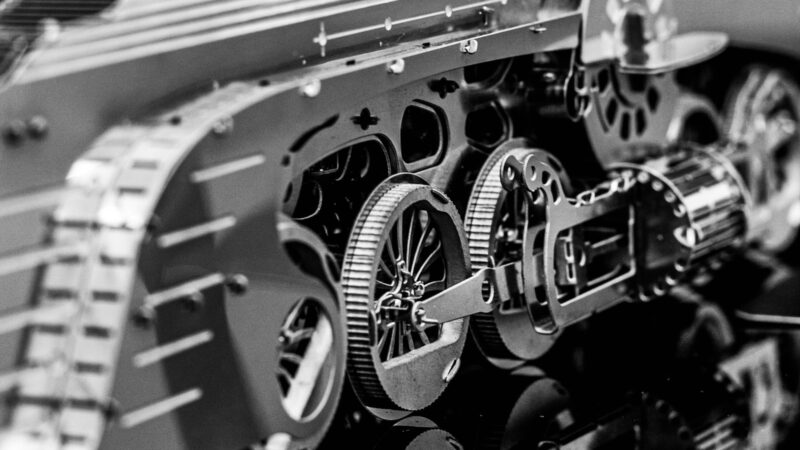

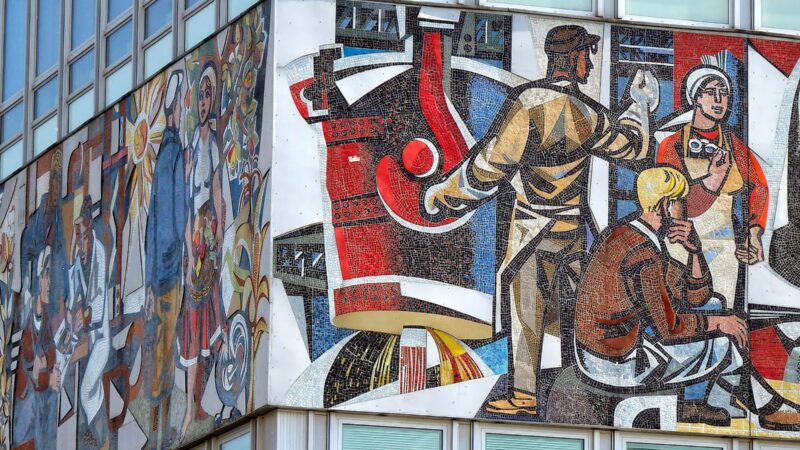
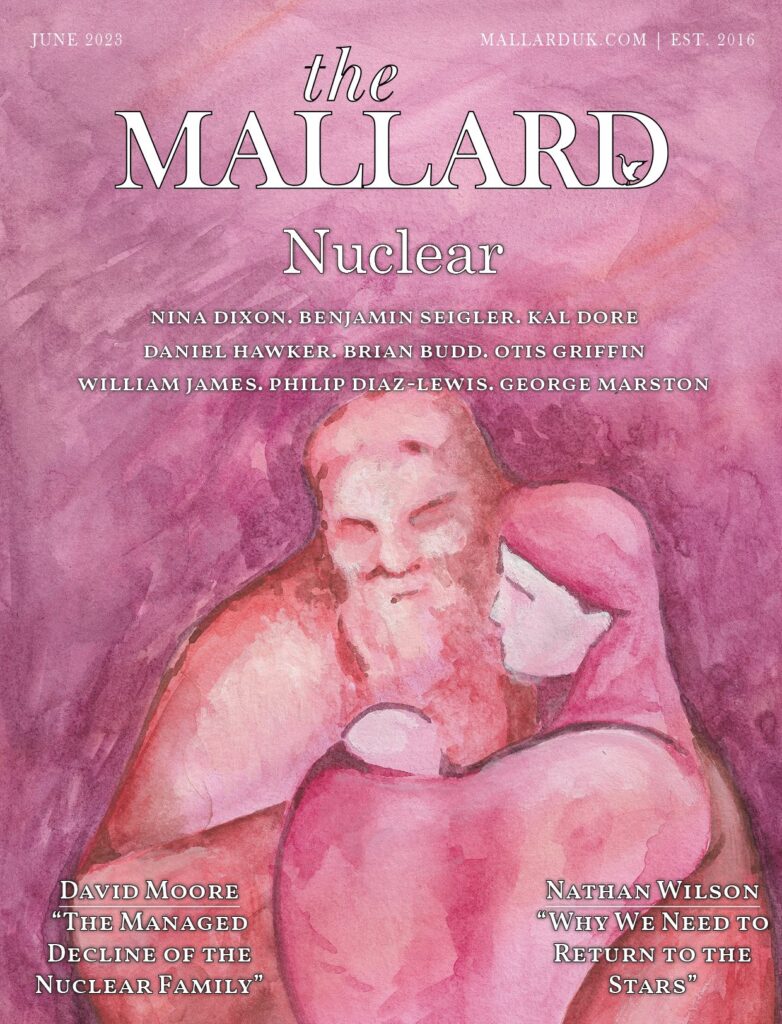

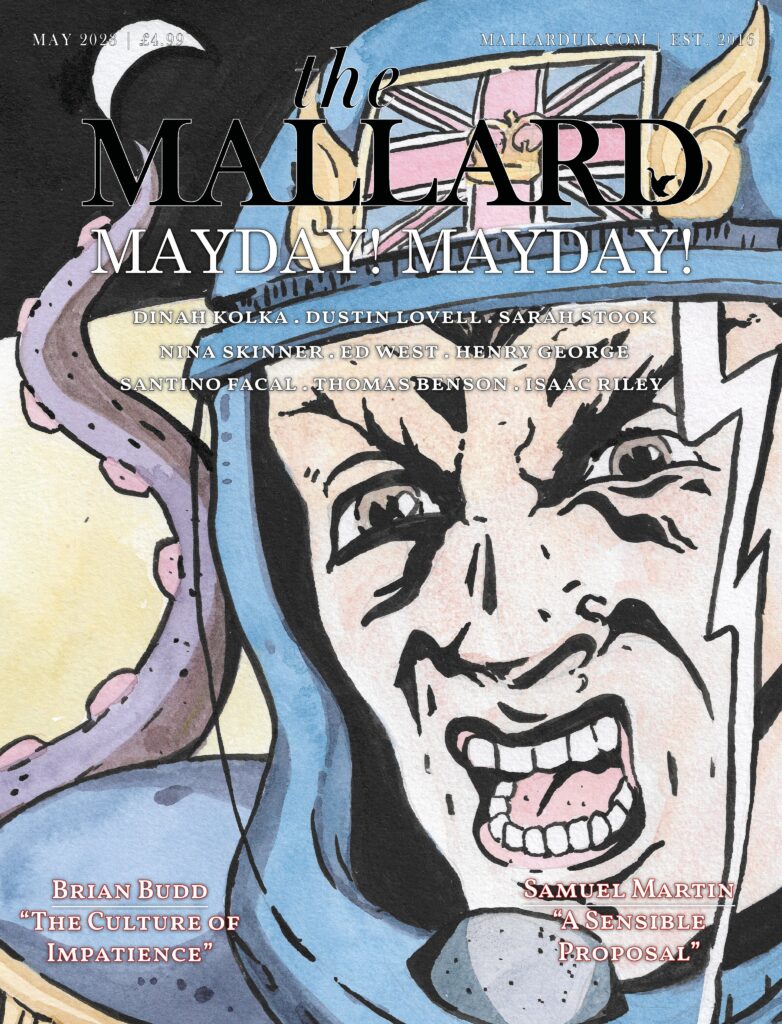
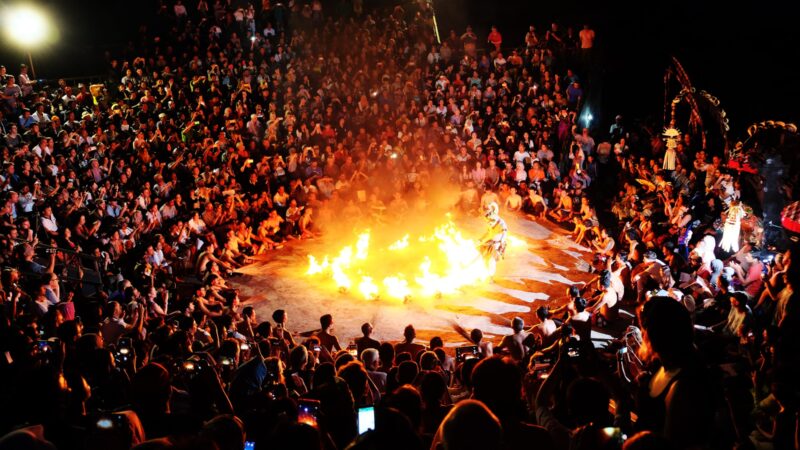

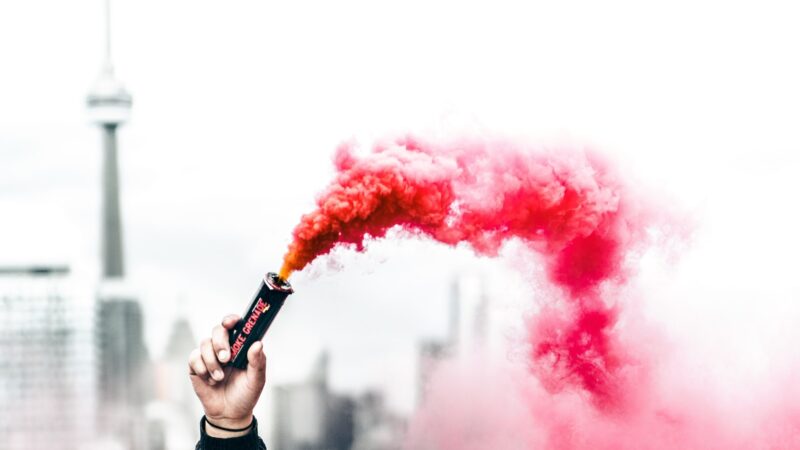
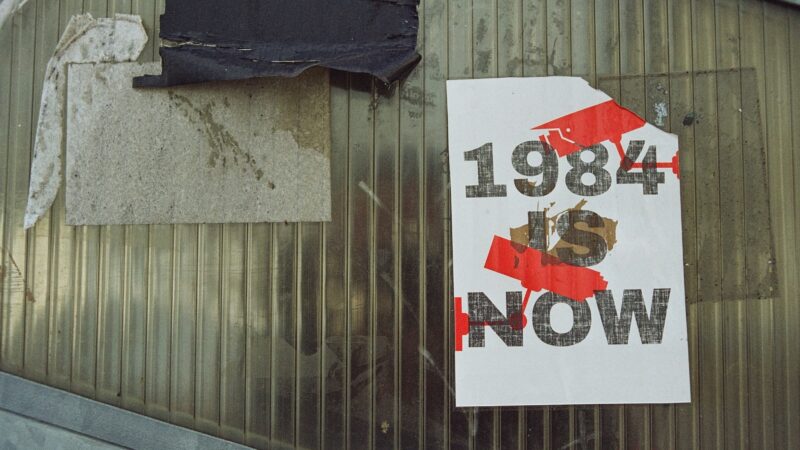

Rousseau and the Legacy of Romanticism
One idea that I’ve fondly taken from Augusto del Noce is that ideologies have an internal logic to them, which unfolds as they interact with real-world events. Philosophies aren’t static, but constantly changing as they play out against one another historically. This view, while similar to the Marxist notion of praxis, finds ultimate inspiration from Joseph de Maistre. It’s de Maistre who writes that the French Revolution sweeps men up against their will and devours its own children.
Once put into practice, revolutions take on a life of their own, and like a wild tiger on a leash, drag their authors to new and unheard-of places. This isn’t to deny human free will; something I strongly affirm. It’s rather to recognise that rational humans, faced with circumstances, strive to act consistently with what they believe. This mechanism of consistency is what causes ideologies to evolve over time.
This insight is a powerful tool for understanding the long-term consequences of philosophies. The social sciences may quantify popular actions and opinions, but because human wishes are often nebulous, and people are fond of lying to themselves, there’s always room to dispute the results. The romantic primitivism of Jean Jacques Rousseau is one such ideology. Since being unleashed into the world from the bloody womb of the Reign of Terror, it has branched in many different directions and morphed into shapes Rousseau himself wouldn’t have recognised.
To define romanticism, I turn to Irving Babbitt and his 1919 work Rousseau and Romanticism. Romanticism sets itself in opposition to classicism. Classicism seeks standards for ethics and culture in universal types which it deems natural. It’s not the case that classicism seeks rules necessarily (lest we confuse it with Kantianism). Aristotle is the foremost classicist, yet he denies that norms are truly codifiable into rules. A universal type is rather an ideal based upon the nature of something. A classicist (like Aristotle) might say that being polite at the dinner table is something we should do, and this politeness consists of showing due moderation in eating, drinking, talking etc. But this isn’t a rule so much as a way of displaying the excellence proper to a human being.
Classicism isn’t opposed to emotion either. Rather, it subdues emotions to rational norms. Human nature has a standard of excellence which demands the proper use of emotion. In other words, emotions are good or bad depending on how we wield them according to a standard for the human species. The one able to do this is a universal type, what Aristotle calls the phronimos, or wise man. The later Stoics didn’t condemn emotions entirely, as the popular misconception of them. They rather encouraged natural emotions and discouraged the unnatural. Again, nature is a standard for ideal behaviour, external to individual fancy.
Romanticism, on the other hand, seeks standards in what’s unique and unrepeatable. Instead of conforming to generic ideals, goodness comes from spontaneous individual acts and thoughts. The cause for this is Rousseau’s doctrine of original sanctity. Classicism makes a distinction between ‘things-as-they-are’ and ‘things-as-they-ought’. Humans, animals, and plants don’t come into the world fulfilling an ideal; they arrive imperfect and must strive after their ideal. If we deny this, as Rousseau does, then to be good just is to be what one is. The generic ideal has no purpose and drops out. Authenticity to oneself as one is becomes the aim of life, and this can only find expression in unrepeatable spontaneous acts.
Indeed, once authenticity becomes central, it’s but a short step to rebelling against all standards which society imposes on the self. Since whatever standards society imposes must be ideal repeatable types, and no ideal repeatable types are authentic, no socially imposed standards can be authentic. And since goodness lies in authenticity, being truly good means casting off the standards society has imposed.
As Alasdair Macintyre wryly says in After Virtue, Enlightenment philosophes have the least self-awareness of all thinkers. They create new and revolutionary systems, but the content of their morality is entirely inherited from the civilisation they’ve inherited and which they despise. Thus, Rousseau’s ethics are stuffed full of quaint and puritanical Calvinist ideas from his Genevan upbringing. “Effeminacy” is one of his constant worries, and he applies the term, in boyish fashion, to anything he doesn’t like. Thus, in the Discourse on the Origin of Inequality, he can condemn civilised man:
Take these relics away, however, and Rousseau’s romanticism has only its sentimental primitivism to act as a limiting moral principle. Goodness is whatever lies in the untainted human heart, freed from social corruption. What becomes of it then? I wager it must enter an eternal spiral of liberation. Romanticism is built on the idea that we’ll be truly happy only when we free ourselves from all external rules and uncover a pre-social authenticity. Since this is a lie, no amount of liberation will ever create happiness. So, to remain consistent with itself, romanticism must seek ever more shackles of oppression to shatter. It’s either that or admit error.
The progressive radicalisation built into romanticism is visible everywhere. The sexual revolution, for example, has no brakes, because it’s built on a romanticised and primitivist vision of sex that would be falsified the moment brakes are applied. The radicals of the mid-twentieth century believed that socialised sexuality was corrupt, and once the orgasm was freed from all external restraints, pure happiness would result (Wilhelm Reich, for example, thought-free love was the precondition to utopian social democracy). Free love hasn’t made us happier, however. So, the answer is to find ever more previously unknown sexual taboos, whose chains we must shatter if we’re at last to be free.
In everyday morality, romantic assumptions have remade the life quest we each undertake for goodness, into a quest for authenticity. Finding one’s true self is now a drain on the wallet of the entire Western bourgeoisie. People of ages past underwent transformative moral journeys that turned them from sinners to saints, but theirs wasn’t a trek for authenticity. They did something far more mundane: they changed their minds. There’s an implicit vanity in the true-self doctrine. Changing your mind means admitting error. Finding your true self means you were right all along, but just didn’t notice it, because society was keeping you blind.
The cultural production of this quest is, I believe, simply inferior to the production of a mind that looks outwards from itself onto something else. Someone obsessed with finding his authentic self doesn’t have time to stand in awe of things greater than himself. What is falling in love, if not to be overcome by the sense of the intrinsic irreplaceable value of another person, without reference to oneself? We have all effectively become Rousseau writing his Confessions. A man who delighted in nature and other people only as frissons to express his authentic self, and could begin his book with the words:
In education, romantic ideas have done away with the rote learning that characterised pedagogy from Ancient Greece, through the middle ages and down to the Victorian Age. Twentieth-century educators like John Dewey, following in Rousseau’s footsteps, sought to remake schooling around the true self doctrine. Instead of moulding a pupil to conform to an ideal (a gentleman or citizen), modern education exists to help him discover his uncorrupted pre-social self. Self-expression without rules has become the educational norm, with the result that we have people who are experts in analysing their own minds and emotions, but incapable of self-denial or rigour. The excellence of mind and body requires constant training. We accept this more readily about the body because physical fitness is visible. But the mind, which is invisible, needs just as much training to be fit for purpose.
In the end, I see romanticism as an enormous civilisational gamble. The difference between classicism and romanticism is about what we think reality is truly like. The classicist sees a human race born lacking and sees culture as how a scaffold is to a building. Culture exists as an aid to human completion. The romantic, meanwhile, claims that human nature isn’t completable, but already complete, and merely corrupted. He wagers that if we accept this idea, we can remake the world for the better. Like any gambler, he doesn’t think about the stakes if the wager is lost. Here the stakes are social catastrophe if the assumption is untrue. If the truth is classical, then romanticism is akin to raising a lion on a strict vegetarian diet.
Photo Credit.